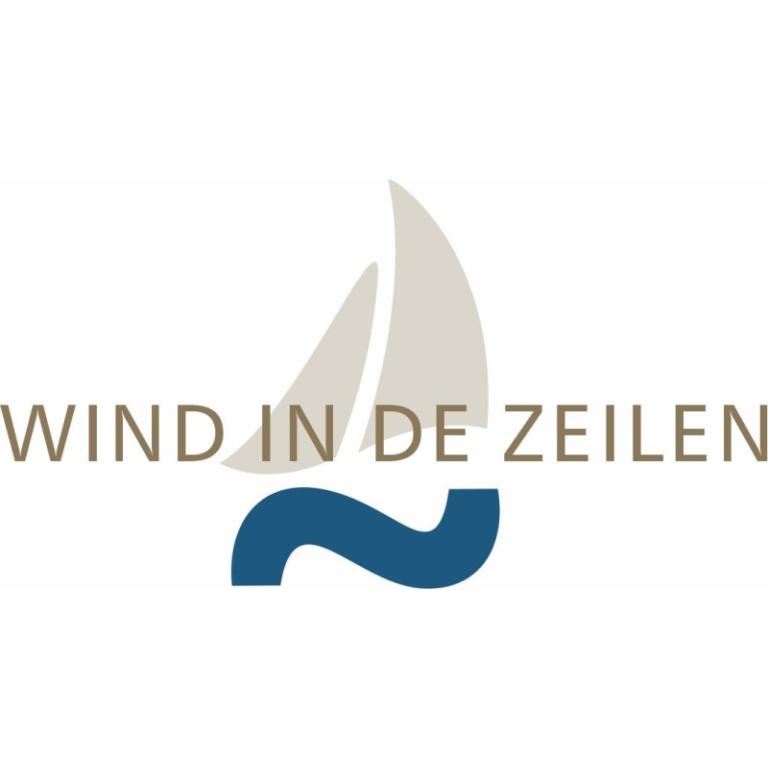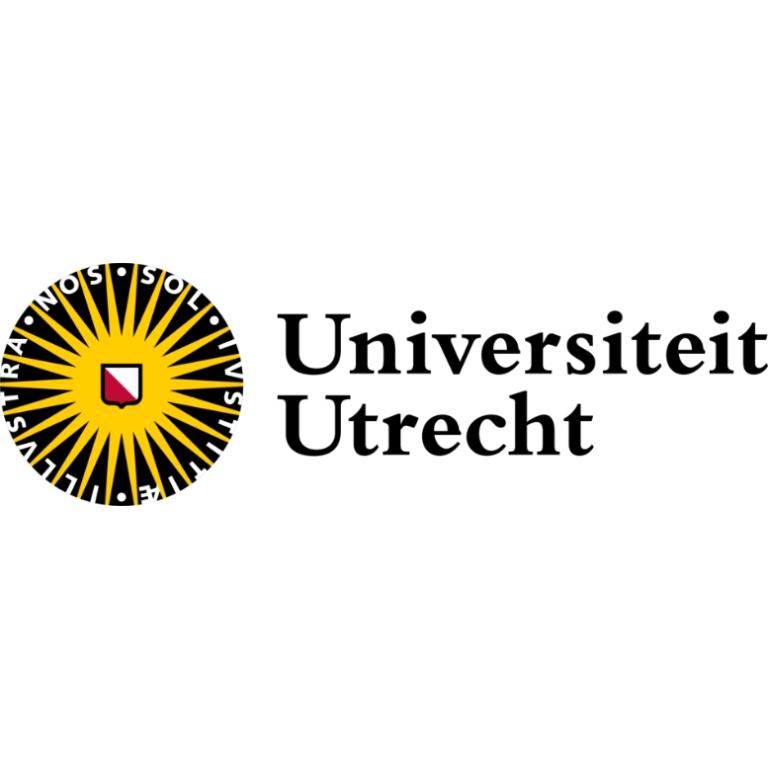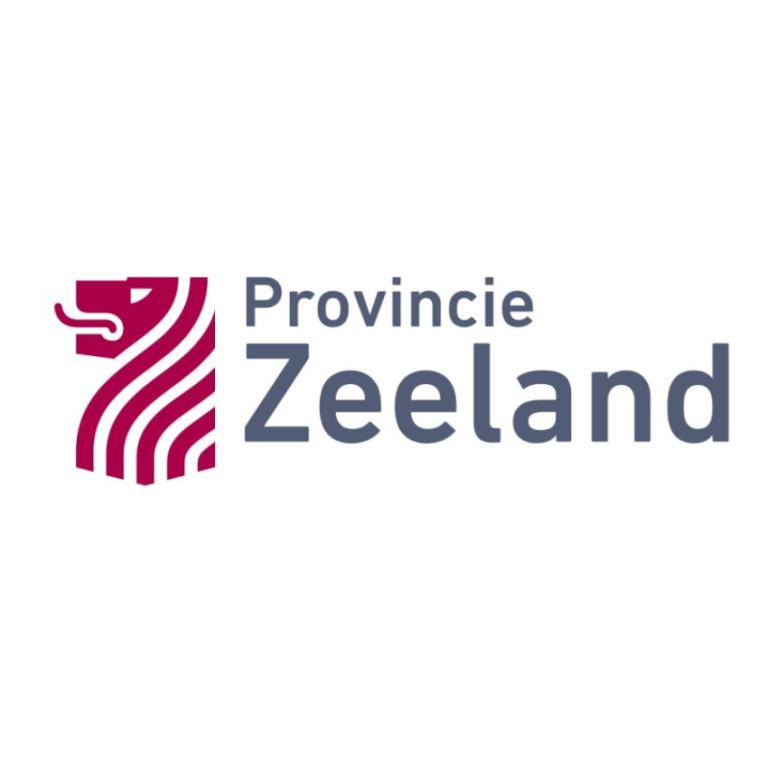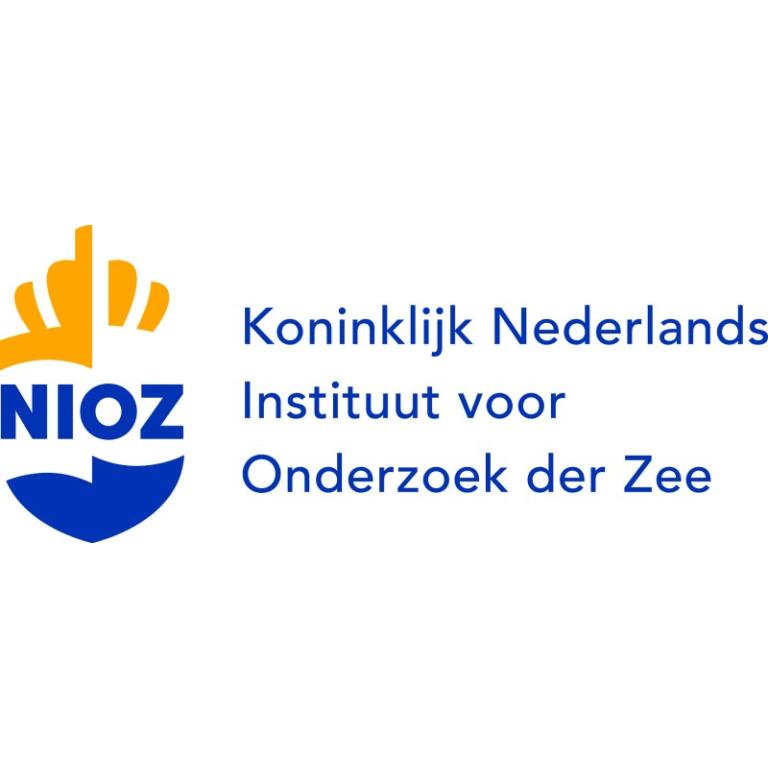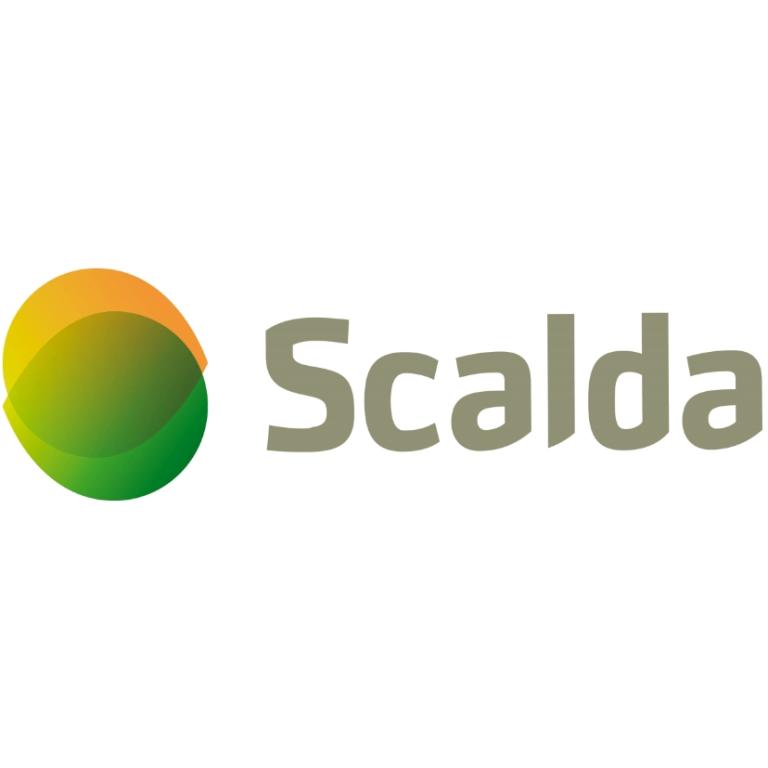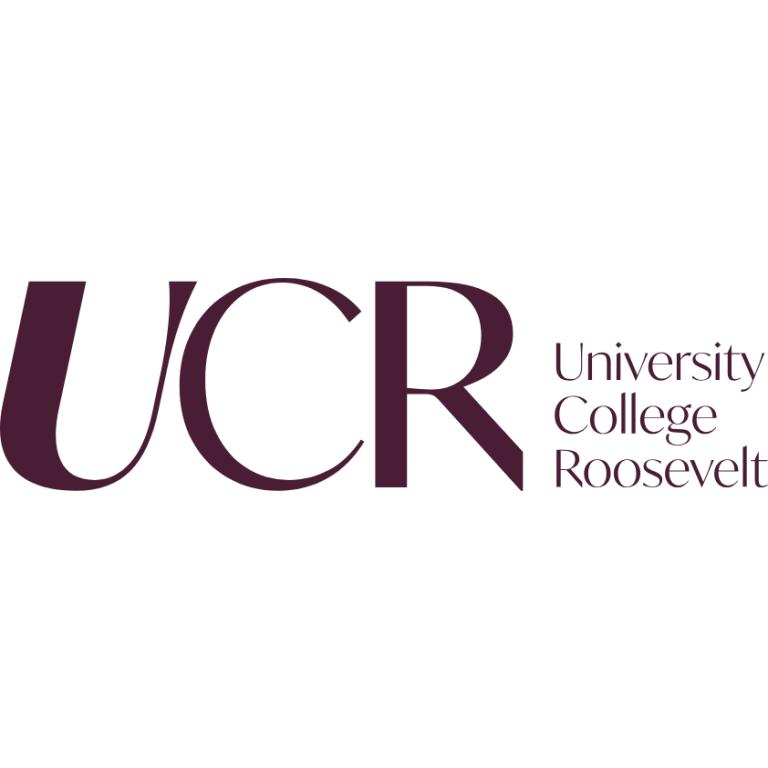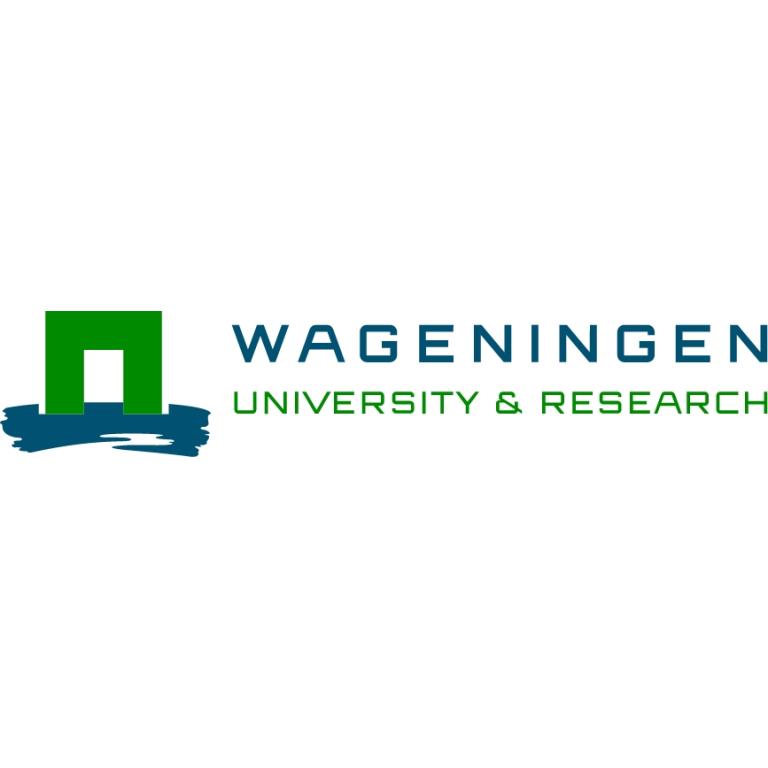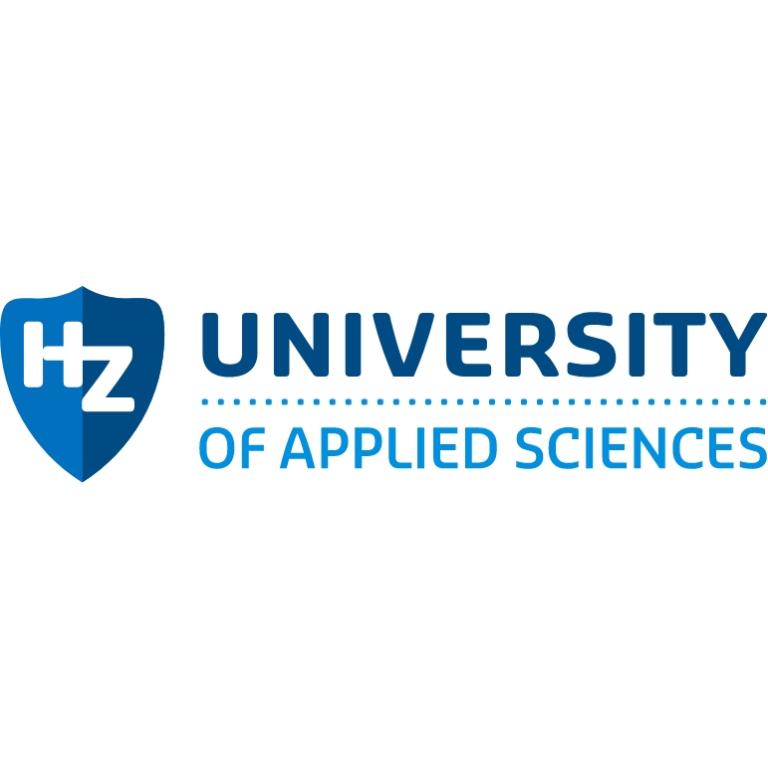

Weer en klimaat veranderen. Dat is wereldwijd merkbaar, ook in deltagebieden zoals in Zeeland. Denk hierbij aan zeespiegelstijging, verzilting, verdroging en verandering in biodiversiteit. Ook grote duurzaamheidsopgaven - op het gebied van energie, stikstof en natuur - hebben forse impact op onze leefomgeving. Het DCC ontwikkelt kennis en innovaties om deltagebieden ook in de toekomst veilig en florerend te houden.
Krachtenbundeling in de Zeeuwse delta
In het Delta Climate Center op de Kenniswerf in Vlissingen bundelen zes onderwijs- en kennisinstellingen hun krachten: Scalda, HZ University of Applied Sciences, University College Roosevelt, NIOZ Zeeonderzoek, Universiteit Utrecht en Wageningen University and Research.
Door middel van onderzoek en onderwijs willen we bijdragen aan een duurzame toekomst voor deltagebieden over de hele wereld. In de Zeeuwse delta ontwikkelen onderzoekers uit een breed scala aan disciplines en studenten van het mbo, hbo en wo innovatieve oplossingen voor regionale klimaattransities. We doen dat samen met bedrijven, overheden, maatschappelijke organisaties en inwoners. Een overzicht van onze projecten en activiteiten vind je op ons activiteitenportal.
We hebben onze activiteiten (voor een groot deel) gebundeld in vier thema's:
- Water;
- Voedsel;
- Energie;
- Methoden en tools.
Kijk voor een overzicht van onze projecten en andere activiteiten op ons projecten- en activiteitenportal.

